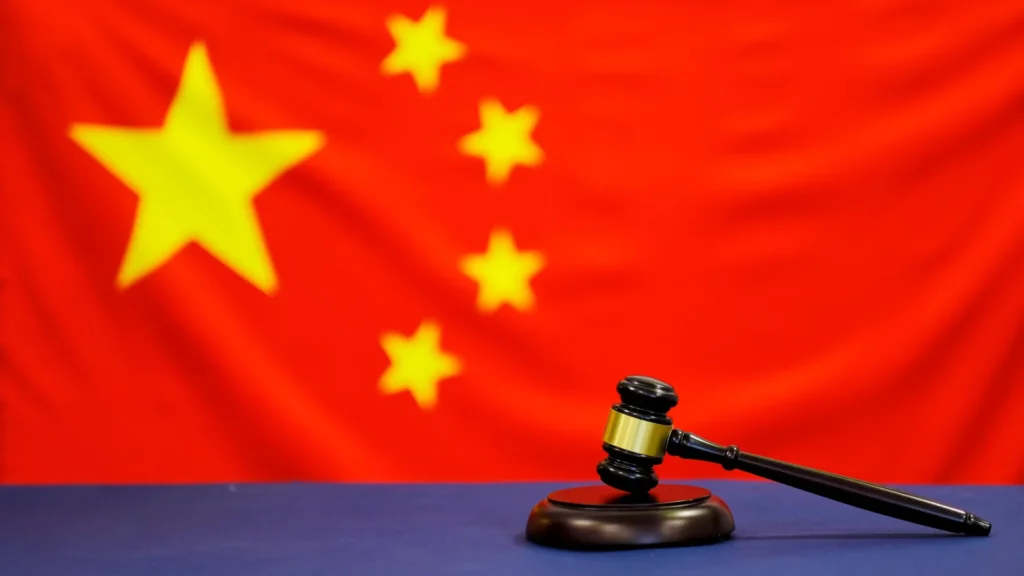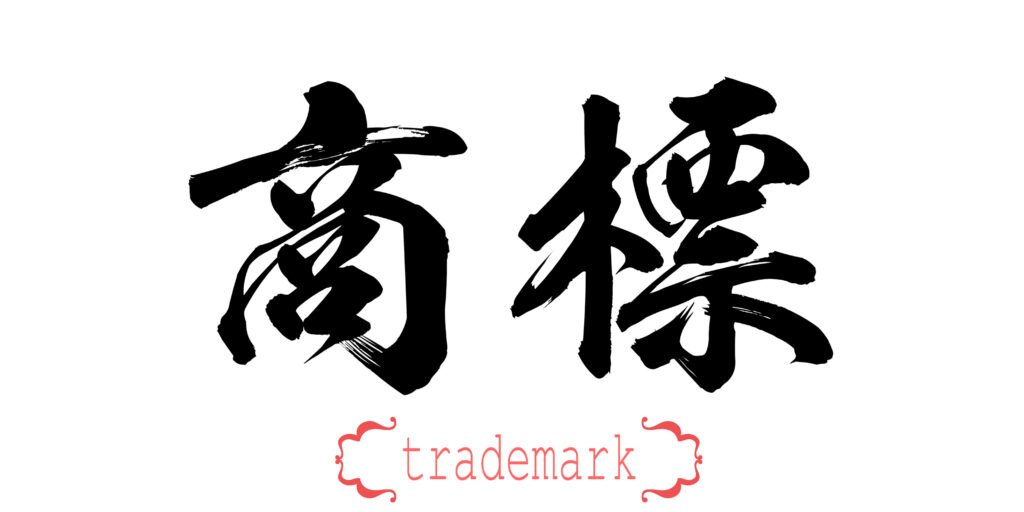10 Key Reasons Why Adapting NNN Contracts to the Chinese Legal System is Crucial
When engaging in business operations in China, particularly those involving intellectual property (IP) and manufacturing, it is essential to navigate the complexities of the local legal landscape. One crucial tool for safeguarding business interests in these dealings is the NNN (Non-Disclosure, Non-Use, Non-Circumvention) contract. Here, we delve into ten key reasons why adapting NNN contracts […]
10 Key Reasons Why Adapting NNN Contracts to the Chinese Legal System is Crucial Read More »











